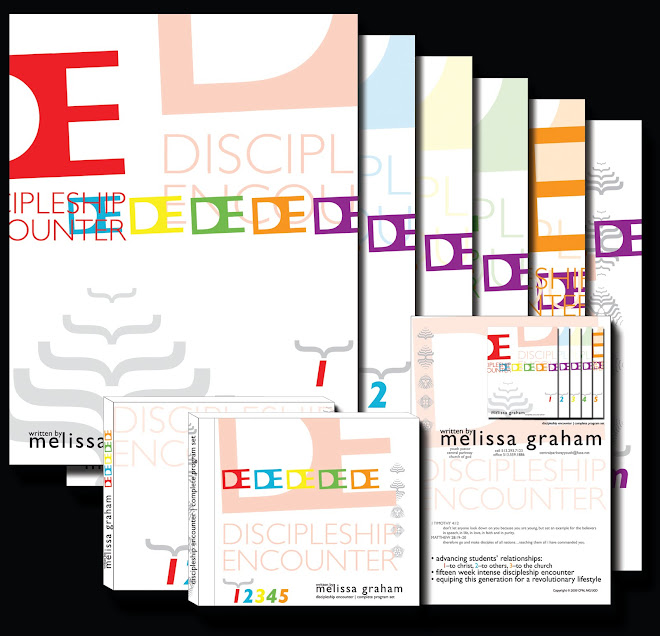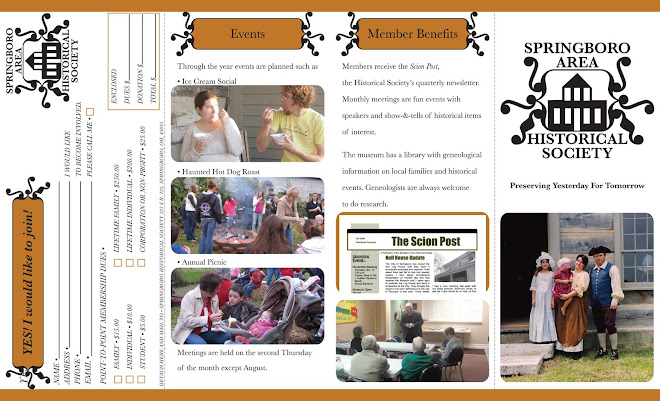
I ran across a posting from a designer friend on Facebook, that I quickly found funny and true in the same moment. This particular post was from another website, and it commented on how horribly difficult it is to get friends and family—the ones generally asking for favors, all the time—to cough up some change to pay you for your services. But, as the posting also illustrates, it's a reality that Graphic Designers must endure, until we hit the big time. This website actually has a variety of humorous satirical work, along with some exciting resources for design gurus and geeks.
So aside from being enthralled with the reality that "fully 92% of your time will be spent on unpaid favors", what happens when you actually get paid for some of those favors? Well, I guess you're now above average, as long as you can keep it up. Yet as we all know, Freelancing is a roller coaster. A big client here, small client there, no client for a month, then they all come running to you for 2 weeks.
I wonder: in the hours we spend educating ourselves, but then the client pushes us to learn more, to fulfill their ideas: Is this ever a bad thing?
No. It's actually a good thing. I believe that the client isn't always right, but also that the demands of the client should be heard and addressed when designing. They are important (for more than just the pay) and you as the designer need to always respect them. Part of that respect is also knowing when to speak up, and add in your sentiments (from past experience), and it's also a good idea to make sure you understand their objective, so ask them to clarify. The best way that a client can be sure you're clear about what they want is when you repeat it back to them after you've written it in your notes, and then you also send it in an email after the meeting, so that everyone is "in the same boat" (on the same level). Only then can you assure them and be sure of yourself that you know what needs to be done before the next meeting, and what the end may look like.
Knowing that most of your work will be unpaid may seem hard to take in, but if you love what you do, and you can convince your clients that you are better than average, act on it, do the work, and know that you've done a good thing. You'll always have someone who can't afford to pay you your proper fee, but sometimes, doing the pro-bono stuff is more satisfying.


























No comments:
Post a Comment